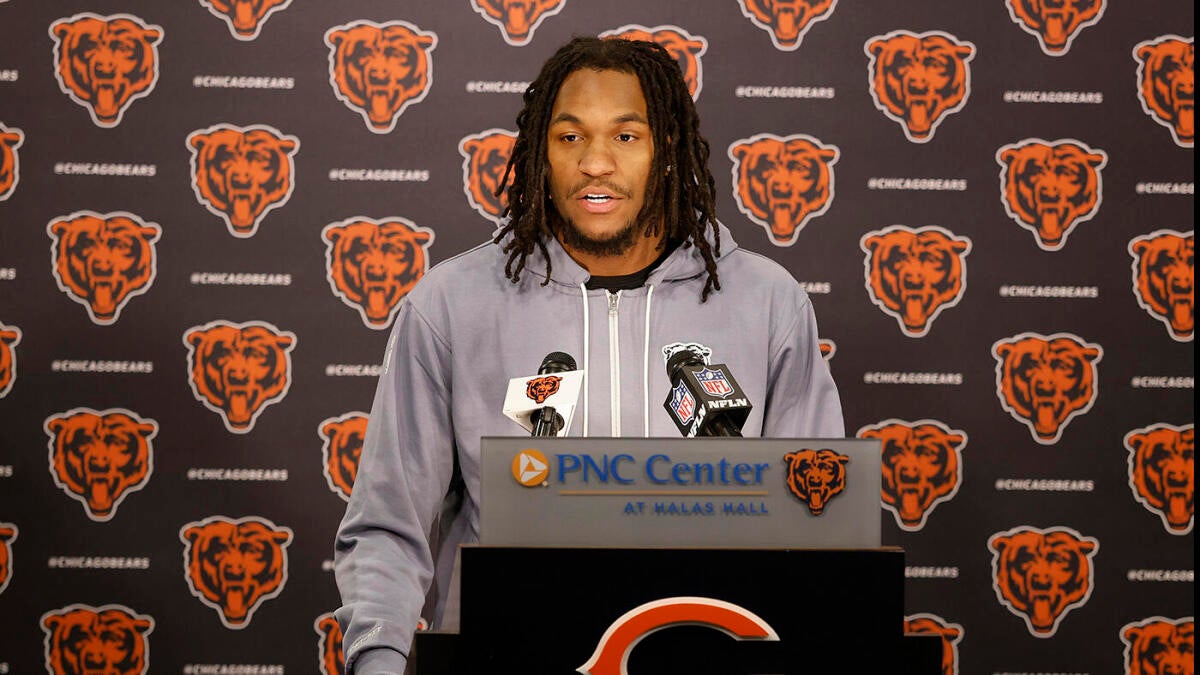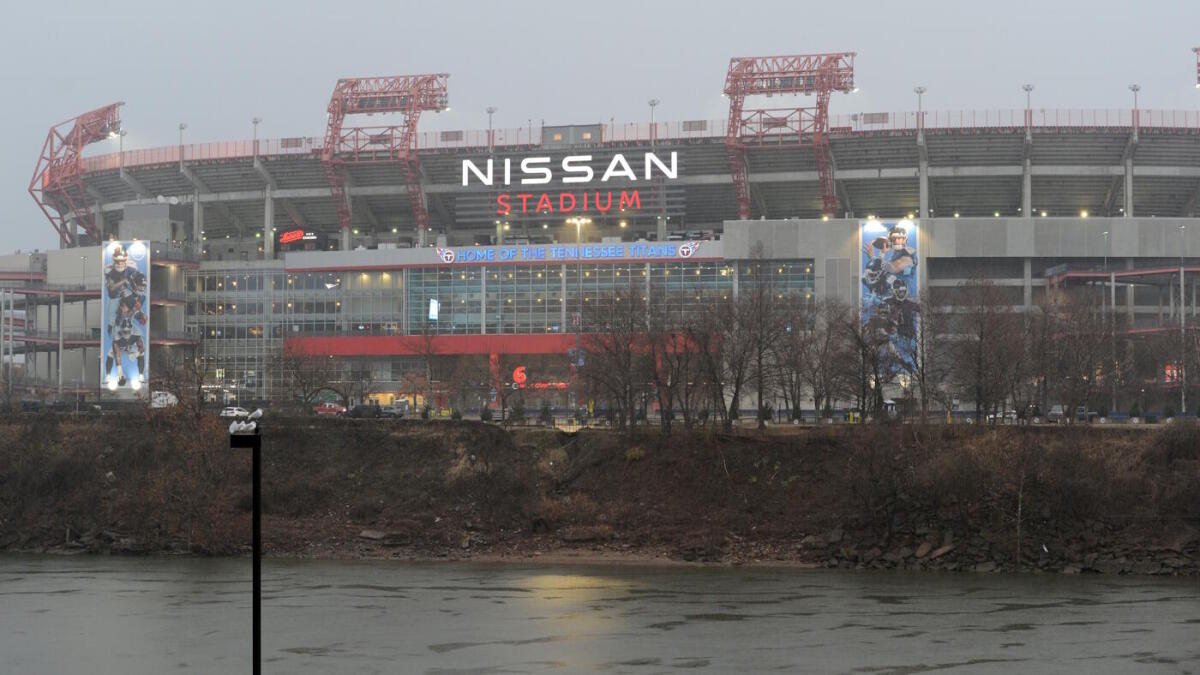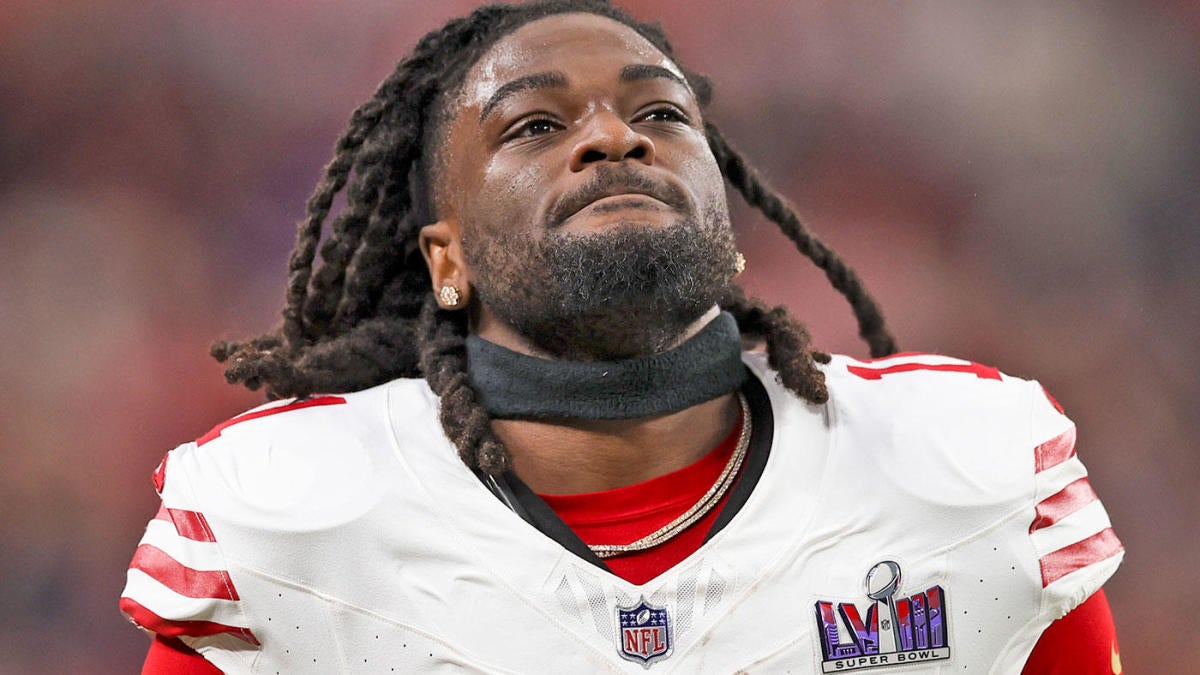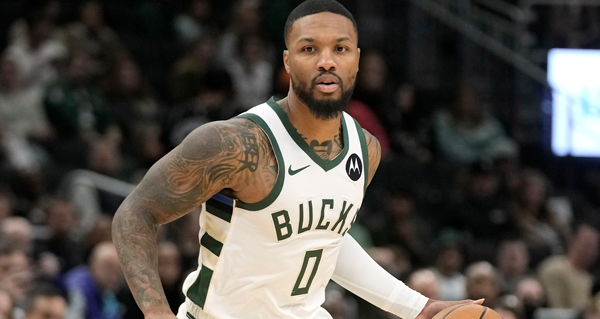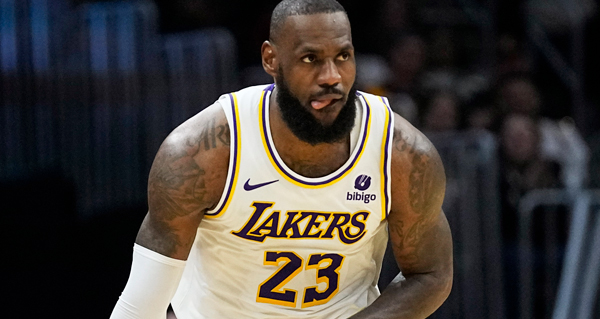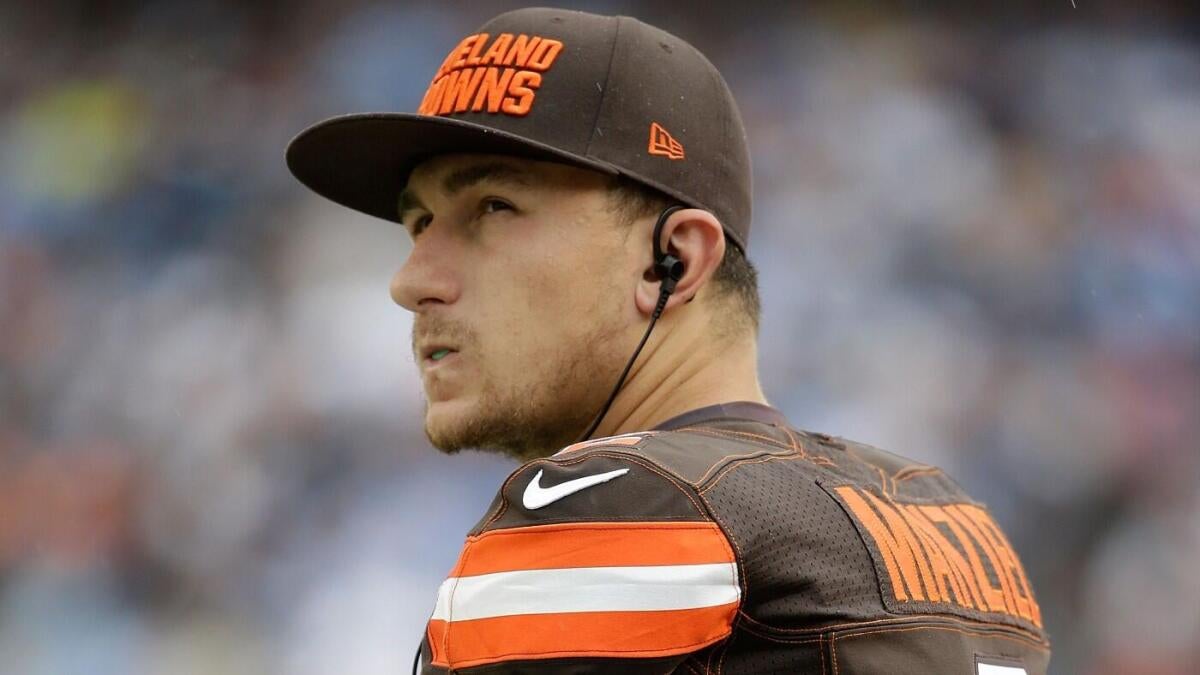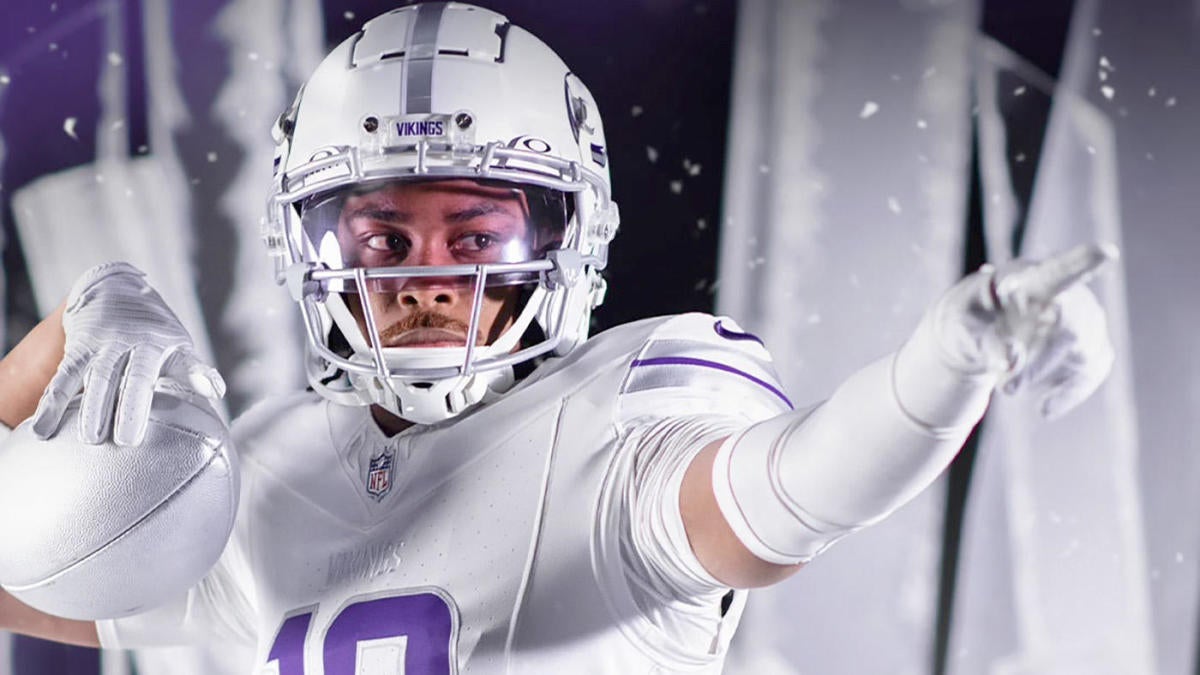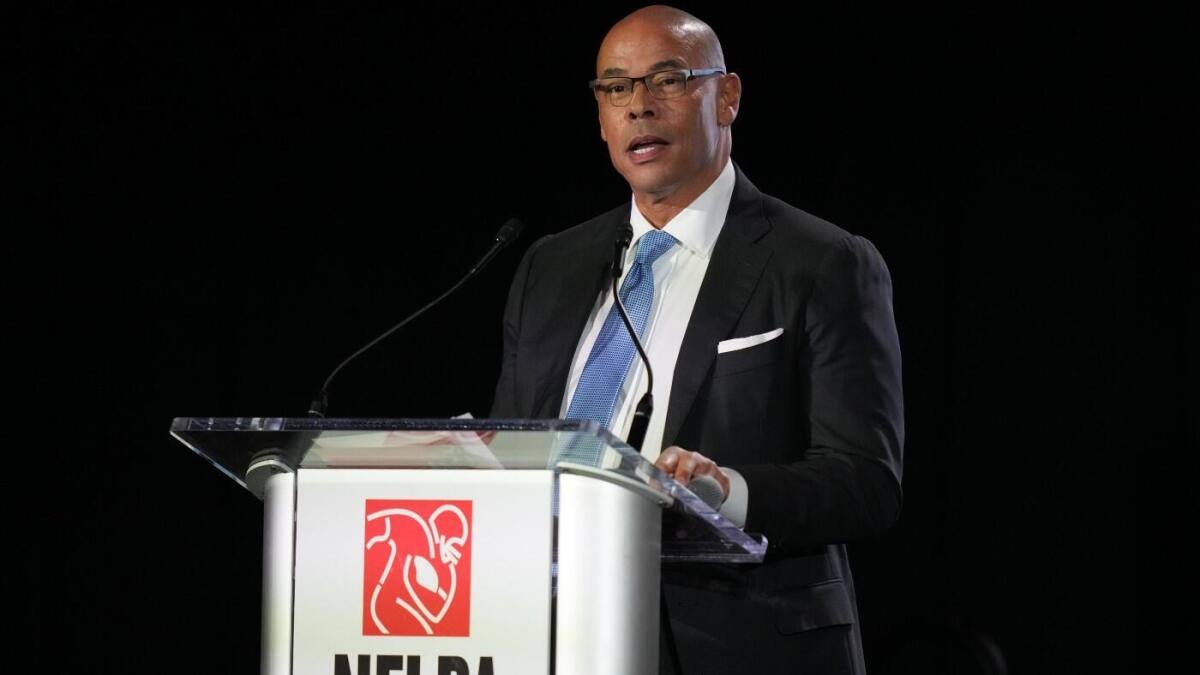
Resignation announcements after dark can be as much of a surprise as being caught in an affair on-screen at a Coldplay concert. Lloyd Howell’s resignation Thursday night as executive director of the NFL Players Association was not that much of a surprise.
For weeks, ever since the secret documents from the NFL-NFLPA collusion grievance were leaked, the controversy and pressure mounted on Howell. Multiple investigations, questions from current players, former players, more leaked documents and conflicts of interest all coalesced into Howell stepping down after just two years in the position.
“It’s clear that my leadership has become a distraction to the important work the NFLPA advances every day,” Howell wrote. “For this reason, I have informed the NFLPA Executive Committee that I am stepping down as Executive Director of the NFLPA and Chairman of the Board of NFL Players effective immediately. I hope this will allow the NFLPA to maintain its focus on its player members ahead of the upcoming season.”
The last few weeks have thrown the players union into tumult. Four years ago, player leadership expressed it had no faith in former executive director DeMaurice Smith and undertook the process to replace him. Now they are effectively back to the same place, and one could argue even weaker.
The board of representatives, comprised of player reps from all 32 teams, will convene soon — perhaps by the start of next week — to determine their next steps. An interim executive director will be selected, just like in 2008 when longtime leader Gene Upshaw died. That person will very likely lead the players through the 2025 regular season as the search for a permanent executive director gets underway.
“They want someone immediately that they trust, who can weather this transition period,” said one source.
NFLPA executive director Lloyd Howell steps down amid conflict of interest, collusion controversies
Austin Nivison
The obvious internal candidate is chief player officer Don Davis. An 11-year NFL linebacker, Davis served as team chaplain and assistant strength coach for the Patriots upon his retirement. He joined the NFLPA in 2010 working in player affairs, and he has spent the last 15 years being one of the most direct point-of-contacts for all NFL players. He also earned an MBA and an education doctorate from George Washington University in that time.
Davis was an early candidate for the executive director role in 2023 before those in charge of the now-failed search narrowed their focus to external candidates.
The full search would likely take place during the season, and there would be a hope that the permanent executive director could be installed by the Super Bowl or in the early offseason. Whoever serves in the interim role would be considered for the permanent position depending upon how they performed in the job during that time.
Multiple sources agree the process by which the permanent leader will be selected must be more transparent. In the years leading up Howell’s selection, the union’s constitution was adjusted by vote to make for a far more secretive process.
Eleven players making up the executive committee would essentially identify the top candidates with the help of an outside search firm. Those 11 would then present between two and four qualified candidates to the board of 32 players, who would then select a new leader.
JC Tretter, then the NFLPA president, regularly wrote to players and the public explaining (or rationalizing) this process that he said “is on par with Fortune 100 companies, and is focused on evaluation of leadership competencies, skills, and experience.” But the lack of sunlight on the process was always a poor idea, and now there’s no denying it.
In Howell, the players union got a longtime CFO who could potentially think like an NFL team owner and who could be named in lawsuits just like one, too. Howell was named in a sexual discrimination and retaliation lawsuit in 2011 with his former employer, Booz Allen Hamilton. A month after he won the NFLPA job, he was named in a massive $377 million government settlement with a whistleblower.
He thought so much like an NFL team owner that he was even a paid consultant with a private equity firm that later got approval by the league to buy up to 10 percent of an NFL team. It was enough for Howell to remove himself from his consulting position, but instead he regularly trumpeted a connection that went undetected for months.
Though they are on opposite sides of the negotiating table, the NFL must find this drama somewhat bittersweet. NFL commissioner Roger Goodell’s plans of an 18th game and international expansion cannot be executed without union approval. The league will continue its work behind the scenes, but any momentum for those money-making opportunities to harvest in the years before the 2031 expiration of the CBA are now stalled.
It’s too early to determine who the next permanent leader of the union will be. Since Upshaw’s appointment in 1983, the union has always had a Black man as its permanent executive director for a membership that today is about 70% Black. That person will more than likely be a former player who had a strong union voice when he played, an attorney (be it a former player or civilian) or a longtime labor leader. It will not be a chief financial officer with ties to private equity.
Earlier this week, ESPN revealed that former SAG-AFTRA leader David P. White, a lawyer and Rhodes scholar, was the only other finalist for the job two years ago. Qualified as he may be, sources believe anyone produced from the poisonous tree of that process will not be considered this time around.
Once an interim is determined, he will need to decide on the fate of Tretter, who assumed the newly created role of chief strategy officer once Howell was selected. Tretter served as an effective president during his four-year stretch, but he also captained the now-debunked process that led to Howell’s appointment. Howell found the exit as the pressure mounted, and now some of that pressure weighs on Tretter’s shoulders.
A common refrain about the union is that it belongs to the players. But NFLPA president Jalen Reeves-Maybin has hardly been heard from since taking over in April 2024. A 2017 fourth-round pick and 2023 second-team All Pro, Reeves-Maybin is currently a linebacker and special teamer without a team after being released by the Lions this offseason.
Apart from a handful of interviews and a Super Bowl press conference, Reeves-Maybin has not taken the microphone the way Tretter and Eric Winston did before him. In this leadership void, a leader needs to speak, and Reeves-Maybin should be empowered to do so.
It is incumbent upon the players to take greater control. In 2020, somewhere near 30% of players declined to cast a digital ballot for the CBA that got approved by a mere 60 votes. According to ESPN, at least two of the 32 board members did not recall whether the sexual discrimination involving Howell from a decade earlier was mentioned during his candidacy.
If players want more money, or all-grass surfaces, or fewer offseason workouts, or less practice time, or an equity share in the league, or better benefits, or less money taken out of their checks for uniform violations, or more comfortable chairs at their lockers, then now is the time to put in that work to ensure they find the right leader.
As one longtime league executive put it simply on Friday: “The men deserve better.”
Go to Source
Author: Jonathan Jones
July 18, 2025 | 1:41 pm
